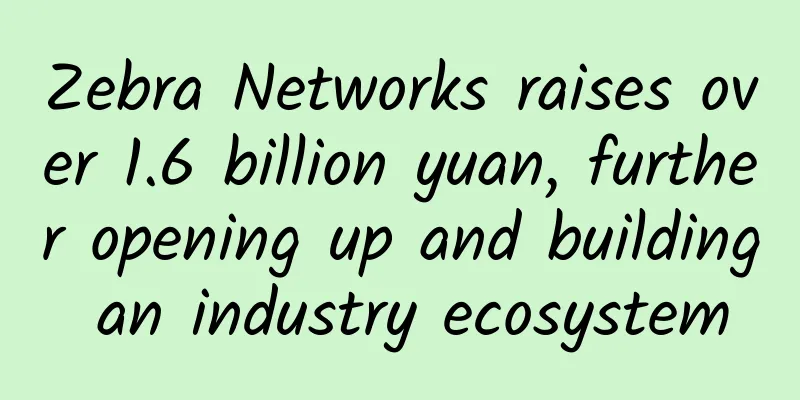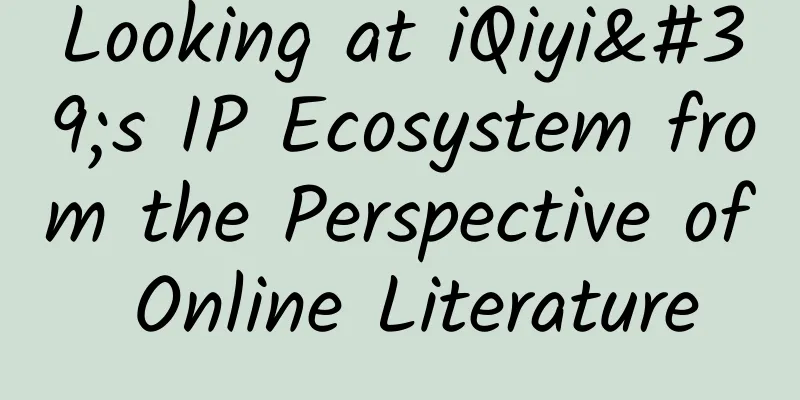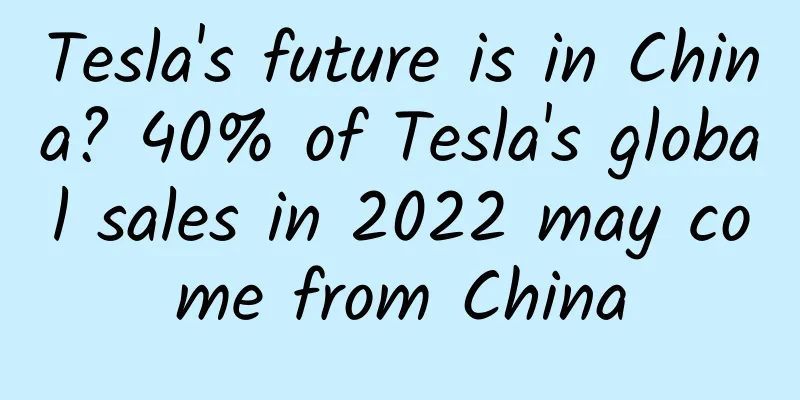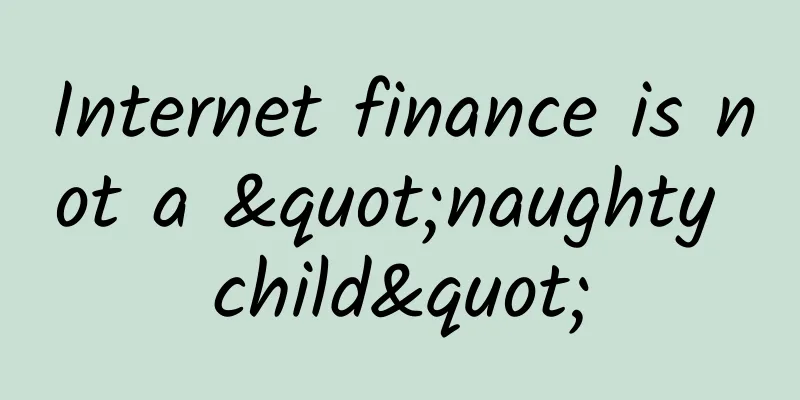On the development of "Android" in the next ten years
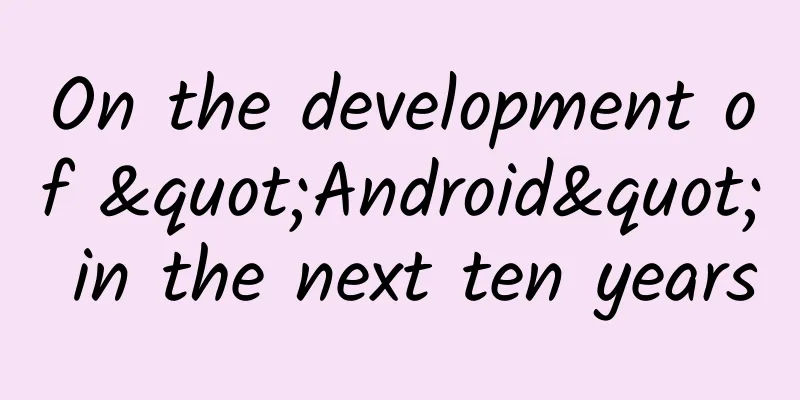
|
Electronic products, especially the mobile phone industry, have experienced ups and downs in the past decade. For example, Nokia, the former mobile phone overlord, was defeated by the fledgling smart phone Apple in the history of the mobile phone industry. The only one that can rival Apple is Android, the two largest mobile phone system suppliers in terms of market share. One is open source, and the other is closed source. So what will Android look like in the next decade?
Android, iOS, Microsoft What will the future of Android look like? It will produce smart homes, artificial intelligence, VR technology, AR technology, and security. In the next ten years, Android will be more humane and intelligent, as well as safe and visually immersive. Maybe in ten years, the system and intelligence will be more perfect, maybe it will be like this? Could this be the case too? So what will the workplace look like? Maybe something like this? Datafication and transparency!
Now or in a few years, what will the smart home security system be like? Maybe it will subvert some people’s traditions, or maybe it will be an expectation. I look forward to participating.
We are looking forward to what the Android system will be like in the next ten years. At the current stage, the Android system will be more user-friendly and intelligently optimized. It’s been nearly ten years since Google acquired Android. Here’s a look at Android’s evolution over the past ten years At about 8:00 pm Beijing time yesterday, Rich Miner, Andy Rubin's partner in developing Android and now a partner at Google Ventures, sent a tweet saying: It's been 10 years since Google acquired Android. Happy anniversary to the original Android team members! Looking back, ten years have passed. Google acquired Android on August 17, 2005; now it seems that this date on Wikipedia may need to be revised. Next, we will review the development of Android in the past ten years after it was acquired by Google through numbers and pictures. 1: There are more than 1 billion Android devices, accounting for more than 70% of the smartphone market 2: Android users in the US market are growing slowly, and its market share has barely changed in three years 3: Android interface evolution history 4: The layout and interface effect screenshots after Android 5.0 are more visual and intelligent. Android version evolution history 6: What would the world be like without Android? Without Android, Google might have missed the mobile opportunity, Xiaomi as a company would not exist at all, wearable devices and smart hardware might have been years late, and many people's lives might not have been so closely connected to the mobile Internet. In my opinion, for college graduates in recent years and those who want to learn programming and development, if there is no Android, it will be more difficult for you to find a job, let alone start a business or innovate. |
<<: Google's new system Fuchsia, which is quietly developing, will be the end of Android
>>: iOS 13 shortcuts add "automation", what changes will this bring to the iPhone?
Recommend
Example of using multiple Storyboards in one project
Source code introduction: The problem with using ...
Is this a big lie or a wise saying for developers?
“I’ll learn it when I need it!” I've heard th...
Japanese media releases global ranking of autonomous driving patent competitiveness: no Chinese companies among the top 50
Waymo has jumped to the top of the patent competi...
IP account creation丨Master the core of IP operation in 3 dimensions
P account creation丨3 dimensions to master the cor...
In 2014, the products that were popular for a while but then fell into silence
The Internet in 2014 has never lacked viral conte...
Your character determines your upper limit: Let’s talk about the self-cultivation of operators
Today is the day of the college entrance examinat...
Two aspects to explore how to write product comparison copy to be more attractive
Based on different comparison references, the art...
The 14th Honda China Energy Conservation Competition was successfully held
From November 25th to 26th, the 2023 14th Honda C...
Cong Fei uses 5 OH card methods to talk to others
Cong Fei talks about the five OH card resources: ...
Vue.js and MVVM small details
MVVM is the abbreviation of Model-View-ViewModel,...
3 key points: How to disassemble information flow products?
News and information flow has now become the firs...
Will dogs turn into hot dogs in such a hot weather? No, but it is really dangerous
There are already many popular science reports te...
One article tells the past and present of the "short video trend"
On April 22, Papi Jiang, who became famous throug...
A bowl of Yulin rice noodles contains the mountains and rivers of Lingnan
Written by Wei Shuihua Header image | TuChong Cre...
Wu Mengchao and his wife, who had been together for 60 years, were buried together. Netizens: Thank you for coming
Yesterday (January 20) Academician Wu Mengchao, &...




